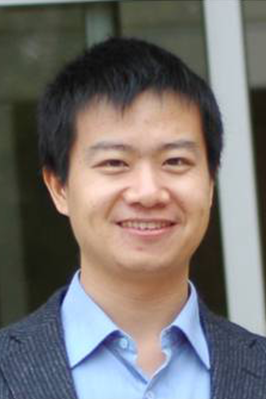
Yang Zhou, PhD
Awards
Advance-CTR Pilot Projects Program (2016)
"CHI3L1 and Its Receptors in Pulmonary Fibrosis"
Co-PI: Barry Shea, MD
Tissue injury and exaggerated fibroproliferative repair characterized by excessive fibroblast accumulation and matrix molecule deposition are cardinal features of the fibrotic lung disorders, collectively termed pulmonary fibrosis (PF). A common form of PF is idiopathic pulmonary fibrosis (IPF). The mechanisms that drive the tissue injury and fibrotic repair responses in these disorders are poorly understood, and therapies that impact the course of PF are very limited. Chitinase 3-like 1 (CHI3L1), a prototypic chitinase like protein, plays a protective role in tissue damage by ameliorating epithelial cell death, and a pro-fibrotic via its ability to stimulate alternative (M2) macrophage activation, fibroblast proliferation and matrix deposition. The levels of circulating CHI3L1 levels are higher in individuals with IPF and other forms of pulmonary fibrosis compared to controls and they correlate with disease severity. CHI3L1 has 2 receptor systems: the chitosome and CRTH2. Interestingly, CHI3L1 mediates different responses via these receptors with the chitosome playing a major role in the inhibition of apoptosis and CRTH2 being the major mediator of M2 macrophage activation and fibrosis. The experiments designed in this proposal will characterize the dysregulation and roles of CHI3L1 receptor systems in a variety of murine lung fibrosis models, and compare the ability of CHI3L1 to stimulate M2 differentiation in circulating monocytes from IPF patients and healthy controls and determine the role that CRTH2 plays in these responses. This project will add insight as to the utility of CHI3L1 and CRTH2 as therapeutic targets in pulmonary fibrosis. We will assess the possibility that the sensitivity of blood monocytes to CHI3L1 induced M2 differentiation is a biomarker that predicts responsiveness to CHI3L1 or CRTH2 based interventions.